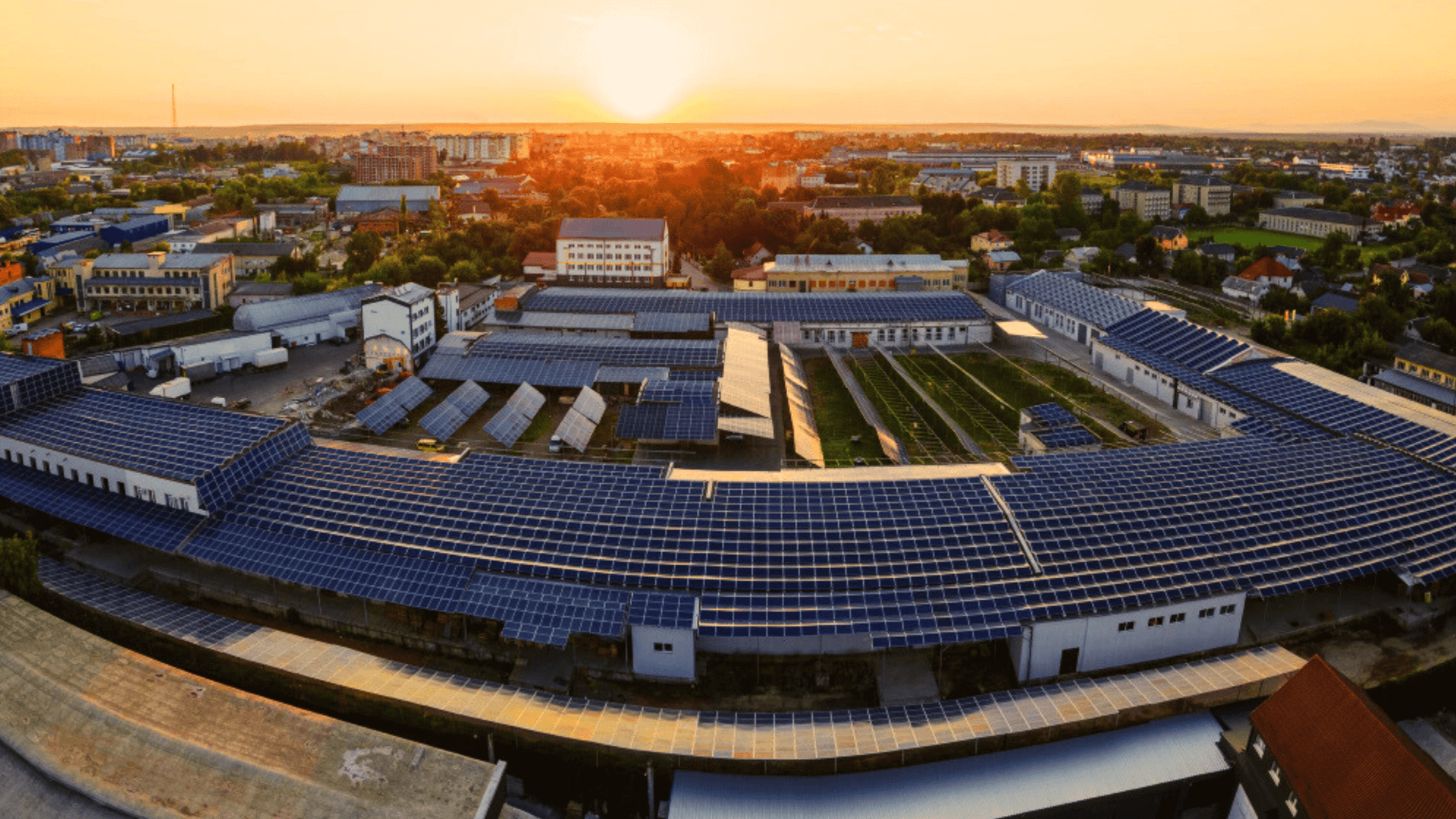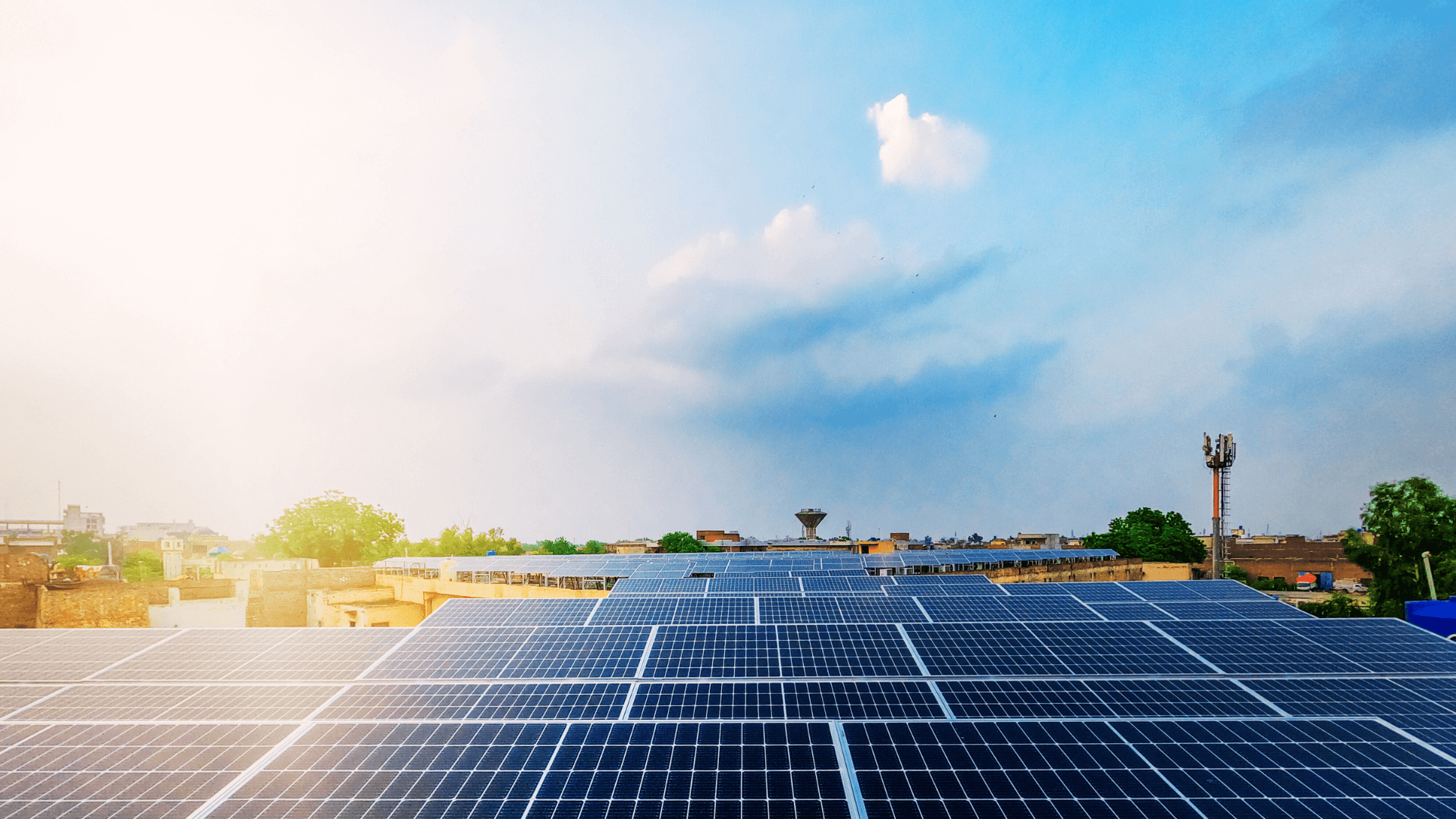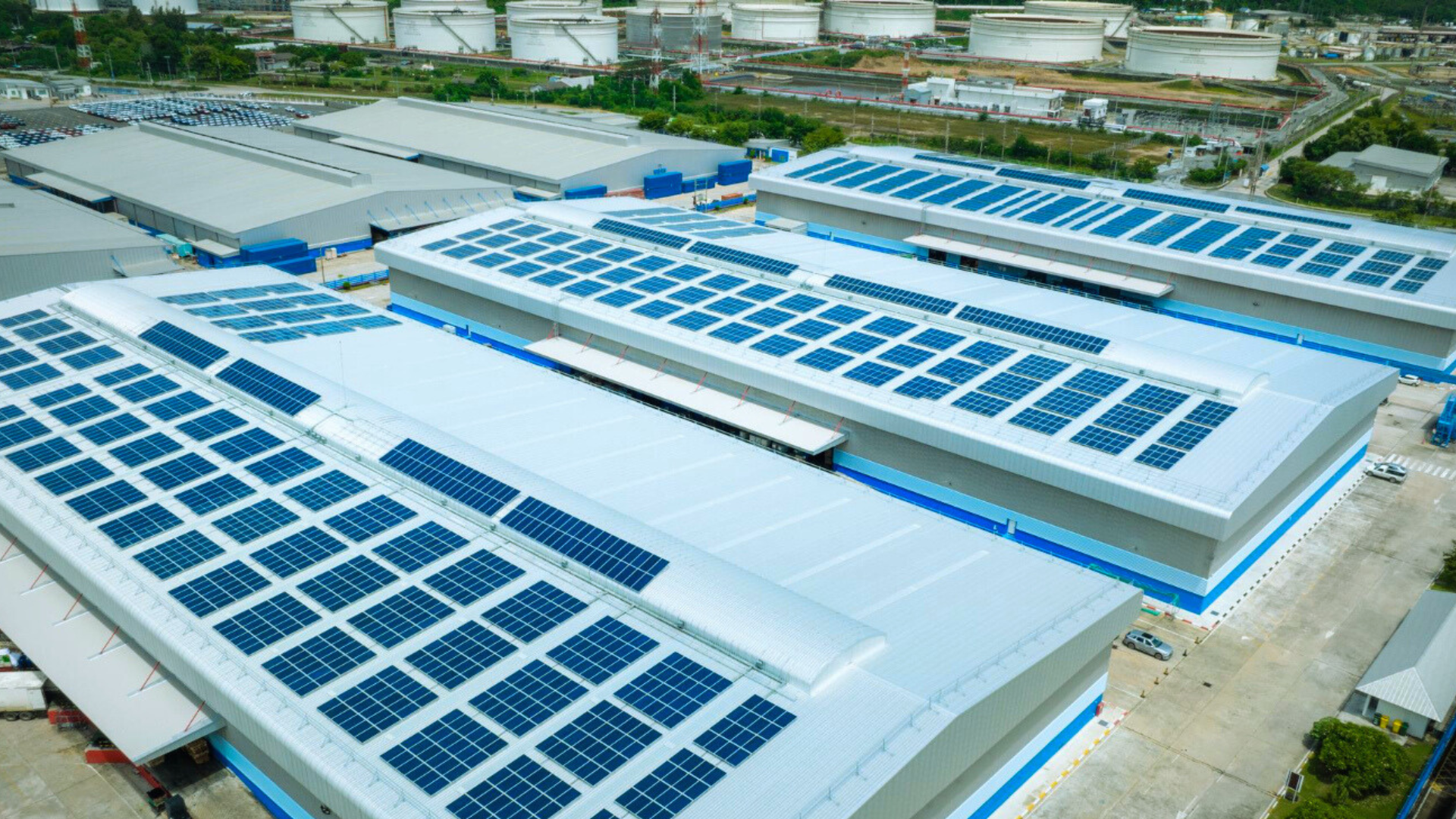The increasing awareness of the benefits of renewable energy and government initiatives supporting the transition is encouraging more people to consider solar power as an alternative to traditional energy sources. Beyond reducing carbon footprints, solar panels offer a good opportunity to earn money. But how exactly can you turn sunlight into profit? Let’s see how solar power can save you money and help you generate income.
How Is It Possible to Earn Money from Solar Panels?
With the right setup, solar panels can significantly cut your electricity bills, provide protection against rising electricity costs, and even generate income through various incentives and programs. Understanding how these financial benefits work is key to maximizing the return on your solar investment.
Reduce Your Electric Bills
One of the most immediate avenues to earn money with solar panels is the reduction in electricity bills. Harnessing the power of the sun helps you lower your dependency on the grid significantly. This means your monthly electricity expenses drop. The money you save on electricity bills can be considered a direct income.
Avoid Rising Energy Costs
Electricity prices are on an upward trajectory. Installing solar panels now allows you to lock in your energy costs for the next 20-25 years, effectively avoiding the financial strain of rising energy prices. This long-term saving acts as a hedge against inflation and can be seen as a form of income over time.
Spend Almost Nothing for Maintenance
Solar panels are known for their durability and require minimal maintenance. Once installed, the system can operate efficiently for decades with just occasional cleaning and routine checks. The low maintenance costs mean you can maximise your earnings from the system without worrying about significant upkeep expenses.
Get a Good Return on Investment (ROI)
Investing in solar panels can provide excellent returns. Depending on the system’s size and your location, you can recoup your initial costs within 5-7 years. After this payback period, you get essentially free electricity, translating into pure profit for the remainder of the system’s life, which can extend beyond 25 years.
Boost Your Property Value
Buyers are increasingly looking for energy-efficient homes, and properties with solar panel installations tend to have a higher market value. If you decide to sell your property in the future, the solar power system can serve as a major selling point, allowing you to command a higher price.
Types of Rooftop Solar Systems
When installing rooftop solar panels, it’s essential to choose the right type of system for your needs. Understanding these systems will help you optimise your investment and ensure a reliable energy solution for your home.
Off-Grid System
An off-grid solar power system is designed to operate independently of the traditional power grid. It relies on batteries to store excess energy generated during the day, which can be used during the night or on cloudy days. This system is also feasible for remote areas where grid connectivity is poor or non-existent.
Benefits of Off-Grid Power Plant(h3)
- Energy Independence: With an off-grid system, you are completely self-reliant, ensuring a continuous power supply even in areas with frequent outages.
- No Electricity Bills: Since you are not connected to the grid, you do not have to worry about monthly electricity bills.
On-Grid System
An on-grid solar power system is connected to the local utility grid. This hybrid system lets you use solar power when the sun is out and tap into the electricity from the grid when solar energy isn’t enough. All the excess energy generated by your system can be sent back to the grid.
Benefits of On-Grid Power Plant
- Cost-Effective: On-grid systems do not require batteries, making them more affordable and easier to maintain.
- Net Metering Benefits: Net metering helps you earn credits for the excess electricity you produce, which can offset your energy costs when using grid power.
What Is the Net Metering Process?
When your on-grid solar system generates more electricity than you use, the excess power is sent back to the grid. In return, you receive credits on your electricity bill. During periods when your solar panels do not produce enough power, you can use these credits to offset the cost of electricity drawn from the grid. Over time, net metering can significantly reduce or even eliminate your electricity bills, turning your solar panels into a source of passive income.
Final Thoughts
Solar energy is not just a means to reduce your carbon footprint but also a smart financial investment. With the right type of solar power system and a proper understanding of net metering, you can turn your solar panels into a profitable venture.
Electronica Finance Ltd. offers tailored financing solutions to help you get started with your rooftop solar journey. Our guidance and approach ensure you find the best financial plan to suit your needs. With our extensive experience and third-party insurance options, you can confidently invest in solar energy, knowing that your investment is secure and backed by experts in the field.
—
FAQ
Can I sell electricity from my solar panel installation in India?
Yes, you can sell electricity from your solar panels in India through the net metering process. The excess electricity generated by your solar system can be stored back in the grid and you can earn credits. These can be used to offset future electricity bills.
How much money can you make selling solar energy in India?
The amount of money you can make by selling solar energy in India depends on several factors, including the size of your solar installation, the tariff rates offered by your state, and the amount of electricity you produce. With a well-planned system, you can significantly reduce your electricity bills.
Is there a government subsidy to install solar panels in India?
Yes, the Indian government offers subsidies for installing solar panels under the Rooftop Solar Scheme. The subsidy amount varies depending on the capacity of the system, with incentives provided to encourage the adoption of solar energy across the country.




